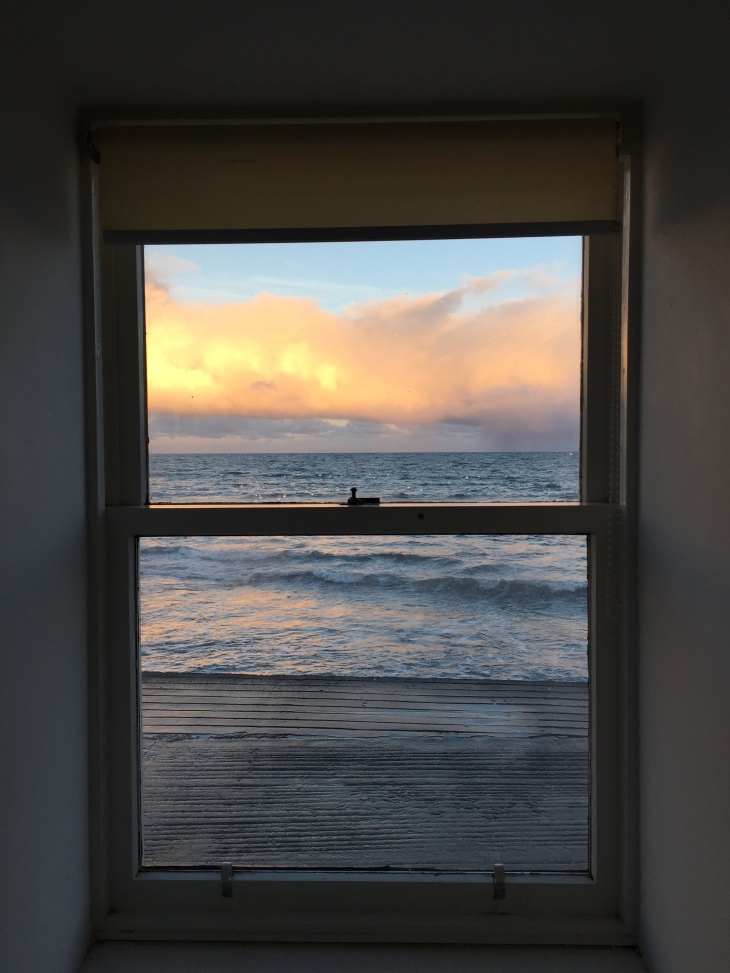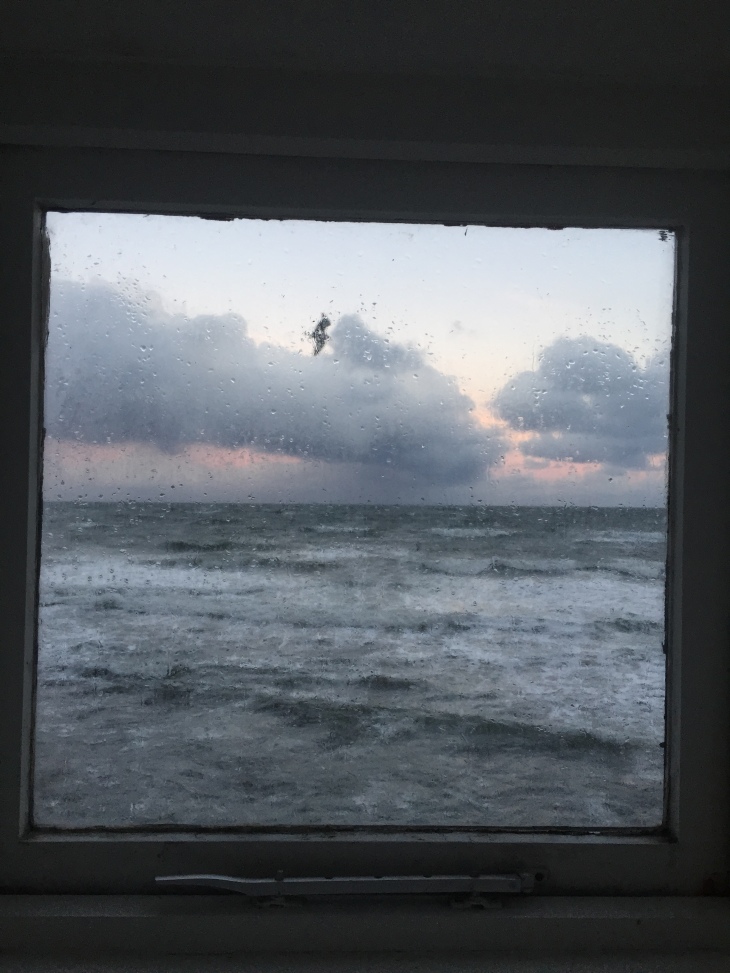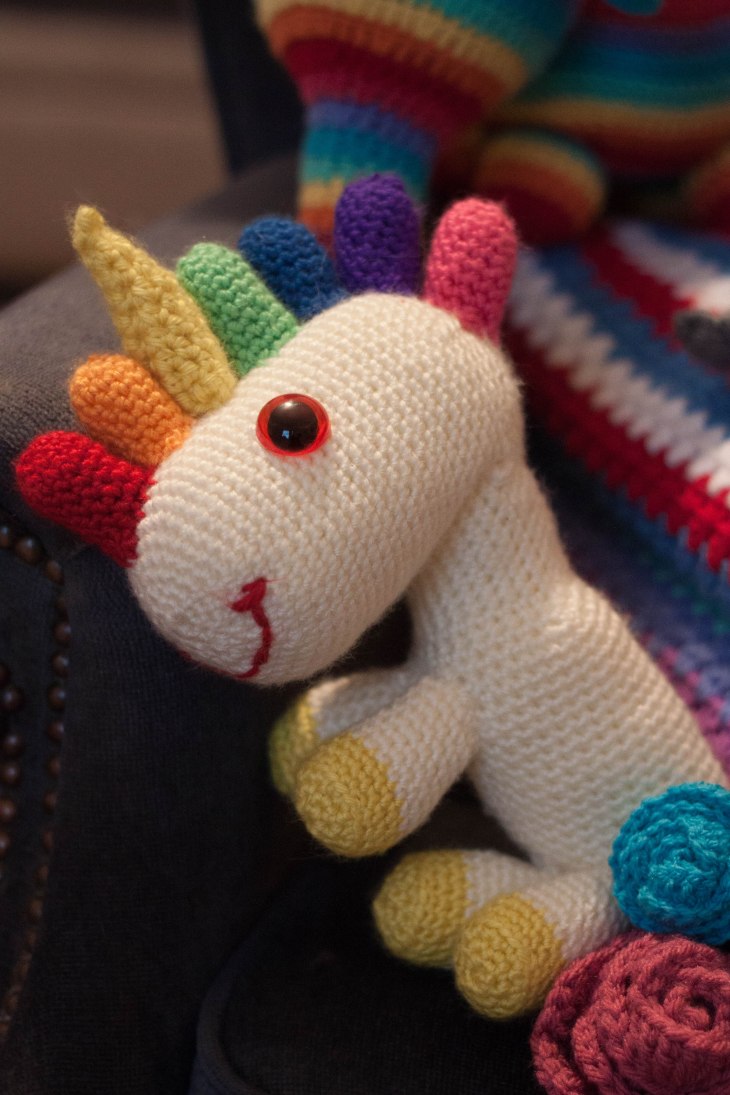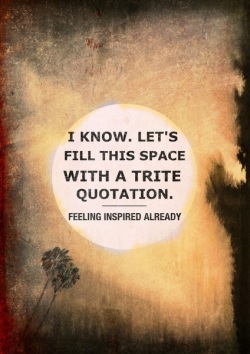The It’s a Friday evening in summer, but I feel as though it’s Christmas Eve.
Tomorrow morning my fella and I are setting off on one of our most favourite adventures. No kids, a plane journey, a plush hotel, lashings of beer…and Bruce Springsteen and the E Street Band.
I am beyond excited. I’ve seen The Boss live twice and each time I have been completely blown away.
There is no one else in the world that can touch Springsteen when it comes to live gigs. The E Street Band is the best rock ‘n’ roll bar band that was ever put together and it is pure, sheer blissful joy to see and hear them in concert.
But I haven’t always felt this way about The Boss. Quite the opposite, in fact.
Like many people I suppose, for most of my life I was of the impression that his songs were either about cars, or girls, or both. And that’s true. They are. But I didn’t realise they are about so much more.
My husband is a former music journalist, and he has wonderful and wide-ranging musical tastes, not to mention a ridiculously unmanageable collection of vinyl and CDs. I like a lot of different styles of music, but before I met him I was strictly a Greatest Hits kinda gal. It was a new and peculiar idea to me that someone could ever get the urge to hear a certain artist, and then listen to their entire back catalogue in chronological order, over and over.
‘Seriously, this again?’ I would sigh as ‘Darkness on the Edge of Town’ was set down on the turntable once more. ‘Girls, cars, girls…life is so hard….I gotta get outta this town,’ I would mock, in my best Noo Joisey accent.
But one night we were drinking red wine and playing Scrabble and as I waited, as usual, to get a U to go with the Q, I found that, by some weird kind of osmosis, I now knew some of the words of ‘Adam Raised A Cain’’. Slowly but surely, I was coming round.
And then one spring day I was hit with a lightning-bolt epiphany. I remember everything about it. We had been listening to Springsteen’s Live boxset as we drove along the motorway – sorry highway (or is it turnpike?). The sky was beautiful and there were low clouds over the sun, creating radiating shafts of light – just like you’d expect to see if you were having some sort of religious transformation.
So here’s Bruce, talking to fans in between songs at the Coliseum in LA in 1985, telling them about his difficult relationship with his dad. Oh here we go, I thought. YAWN.
But when I actually started to listen to what he said, as he strummed his guitar, my skin prickled with goosebumps. He told the story of how he and his father just didn’t see eye to eye as he grew up, how his dad hated the way he dressed, what he did with his time, and how he hoped Bruce would get signed up to the military so he’d straighten out and make something of his life. This was happening in the late 60s, and the Vietnam drafts were happening all over America. Friends were going, as Bruce says, and some of them weren’t coming back.
He weaves the tale of a broken relationship, paints a picture of a father who just doesn’t care about his son. And then, suddenly, he hits you right in the feels. Big fat tears rolled down my cheeks.
This is the story:
“When I was growing up, me and my dad used to go at it all the time over almost anything. I used to have really long hair, way down past my shoulders. I was 17 or 18, oh man, he used to hate it. And we got to where we’d fight so much that I’d spend a lot of time out of the house; and in the summertime it wasn’t so bad, ‘cause it was warm, and my friends were out, but in the winter, I remember standing downtown where it’d get so cold and, when the wind would blow, I had this phone booth I used to stand in. And I used to call my girl, like, for hours at a time, just talking to her all night long.
“And finally I’d get my nerve up to go home. I’d stand there in the driveway and he’d be waiting for me in the kitchen and I’d tuck my hair down on my collar and I’d walk in and he’d call me back to sit down with him. And the first thing he’d always ask me was what did I think I was doing with myself. And the worst part of it was that I could never explain to him.
“I remember I got in a motorcycle accident once and I was laid up in bed and he had a barber come in and cut my hair and, man, I can remember telling him that I hated him and that I would never ever forget it. And he used to tell me: ‘Man, I can’t wait till the army gets you. When the army gets you they’re gonna make a man out of you. They’re gonna cut all that hair off and they’ll make a man out of you.’
“And this was, I guess, ’68 when there was a lot of guys from the neighbourhood going to Vietnam. I remember the drummer in my first band coming over to my house with his marine uniform on, saying that he was going and that he didn’t know where it was. And a lot of guys went, and a lot of guys didn’t come back. And the lot that came back weren’t the same anymore.
“I remember the day I got my draft notice. I hid it from my folks and three days before my physical me and my friends went out and we stayed up all night and we got on the bus to go that morning and man, we were all so scared.
“And I went, and I failed. I came home. I remember coming home after I’d been gone for three days and walking in the kitchen and my mother and father were sitting there. My dad said: ‘Where you been?’ and I said, ‘I went to take my physical.’ He said ‘What happened?’ I said ‘They didn’t take me.’ And he said: ‘That’s good.’
This isn’t some dreamed –up story about hard times. This is real. This happened, and it happened to him. I got it. I understood. Brother, I believed! Hallelujah, I BELIEVE!
Now I wanted to find out more about his story, I wanted to listen carefully to all the songs – yes in chronological order, over and over! I wanted to read the lyrics and understand all the things I’d been missing out on all this time.
When you read about Springsteen’s childhood, you see he had a pretty shit time. He found solace in music because he was a bit of a geek and a loner and, despite achieving superstar status, I think he still is. He tours not just because he loves it or because it’s his passion. He needs it to survive.
My Born-To-Run-again revelation happened around the time that the Wrecking Ball album had been released and Springsteen was touring in Europe. We were lucky enough to see him at Sunderland and Hampden, and it is not a word of a lie to say those two gigs are among the happiest days of my life.
The songs of Springsteen have brought a lot of meaning and happiness to my life, and sharing my fella’s love of The Boss has deepened the bond between us. The live gigs are big moments in our lives, and I can’t wait for this weekend, where we’ll see him twice, grinning at each other for hours on end like the nerdy superfans we are.
But the thing I love most about my Springsteen story is not the music or the live gigs . It’s this: it taught me that, even in your 30s, you can change. Your ideas and opinions are not fixed. You are not complete, you are a work in progress and you always will be, until you take your last breath. You can suddenly see something that once meant nothing to you in a whole new light, and it can change your life.
I like to think that those rays of sunshine that shone on the day I changed my mind about Springsteen were rays of hope – hope that I will always remain open to seeing things differently and falling in love with something new.
At Hampden last time, Springsteen said: “People ask me why I still tour now that I’m in my 60s. Why do I still write music? And I tell them: ‘The light from the oncoming train focuses the mind.’”
True dat, Bruce.
Life is short, live it mindfully, and do what you love. That’s what I’m doing this weekend, and I can’t wait.
x































